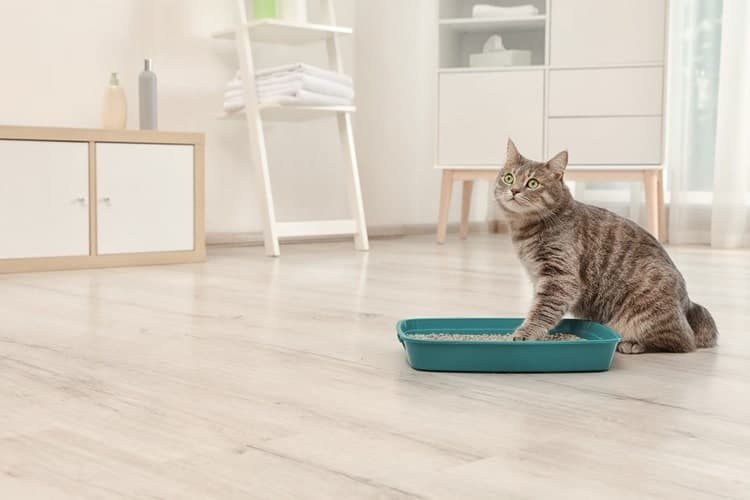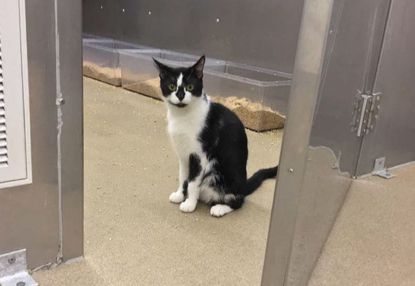
5 Simple Tips to Fight Cat Odors in Your Home
Information about Cat Odors
Cat Odors One of the most frustrating issues of owning a cat. When you open your front door, do you smell cats or freshness? Here are five natural ways to freshen and rejuvenate your home.

First, though, the best start is a clean home. Luckily, you have two gentle, nontoxic cleaners right at your fingertips: baking soda and vinegar.
Mildly acidic vinegar is a natural disinfectant that kills mold, mildew, germs, and viruses, and dissolves stains, including soap scum and hard-water schmutz. “Vinegar actually removes the sources of the odor, and once everything dries, it smells very fresh,” says Jill Potvin Schoff of Wallingford, Conn., author of “Green Up Your Cleanup” (Creative Homeowner, March 2008).
Baking soda removes the source of the odor by neutralizing its pH and makes a gentle, effective scouring-powder and stain remover. For urine, vomit or other smelly stains, clean with vinegar or club soda. Or spray a 50-50 solution of water and vinegar on just about any spill or stain. For a commercial cleaner, look for plant-based ingredients, as opposed to chemical- or petroleum-based cleaners.
5 Simple Tips to Fight Cat Odors
- Clean your litter box daily. Be sure you’ve got plenty of clean litter boxes filled with unscented litter; cats tend to reject strong perfumes. Mix baking soda into the litter for extra odor control. Also, clean the litter box itself monthly with full-strength vinegar, instead of bleach and ammonia.
- Deodorize your pet beds and carpets. Baking soda handily erases odor from your fridge, but you can also use it all over your house. “It’s great for pet beds, carpets or anyplace else you have a strong odor,” explains Schoff, owner of cats Whiskey and Seska. For pet beds with a zip-off cover, sprinkle the baking soda inside the cover and leave it until it loses its efficacy.
For other types of beds or surfaces, sprinkle the baking soda evenly over the top, let sit a few hours (where your cat can’t reach it), then vacuum. If eaten in quantity, baking soda can dangerously affect your cat’s electrolyte levels. Clean and vacuum the bed vigilantly, and don’t leave bowls of baking soda in cat-accessible areas.
- Freshen your laundry. For a safe alternative to fabric softeners, add 1/2 cup white vinegar or 1/2 cup baking soda to the rinse cycle. As an added bonus, this will remove cat-urine smells, too.
- Use essential oils safely. Whether commercial or homemade, many cleaners and deodorizers incorporate essential oils, particularly citrus ones. If you decide to use them, isolate your cat from the area, ventilate well and allow the oils to dry before letting your cat return.
- Use nontoxic air fragrances. Instead of chemical-based, commercial air fresheners, candles, incense and potpourri, place cotton balls moistened with almond or vanilla extract around your home. Or simmer water with lemon juice, lemon slices, whole cloves, cinnamon sticks or other herbs. Fresh or dried herbs and flowers can emit a wonderful scent but check first to ensure that they’re harmless to kitties.
Tuck dried herbs, like lavender, chamomile or rose petals, into cloth sachets so your cats can’t munch on them and develop an upset tummy. Avoid liquid and dried potpourris, which may contain items dangerous to cats.
